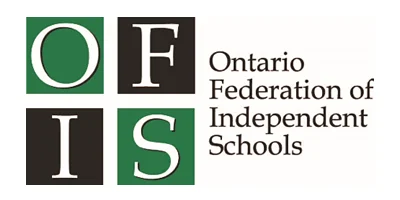The next time you see an elderly woman who is forced to stand on the bus because no one offered her a seat, give her yours. Then go home and start this conversation with your kids.
Head out into the world, and you’re bound to encounter it: That driver in a nearby car who shrieks or gestures wildly in response to some perceived miscue. Or the young adults loudly cursing outside a family restaurant and not caring who is passing by, listening and learning.
Rudeness is rampant today. Incivility is everywhere, even in your own home. Even the supposedly family-friendly 8:00 p.m. network sitcoms are filled with sexual references, while the reality shows thrive on gleeful humiliation, rudeness, and snark. And don’t try seeking shelter online. Even the most sober-minded editorials in online papers seem to bring out the worst in readers, who bully and spew racism, sexism, and even threats of violence in response.
We are living in an unfiltered world, one where our kids are exposed to a steady barrage of put-downs, insults, rude behavior, and emotional aggression that they should never be subjected to—now or ever. There are few role models left, or at least ones powerful enough to raise the bar for desirable conduct. What’s a parent to do?
Certainly you can try to shelter your kids. If you figure out how to do it, please let me know. But it is sadly unrealistic to think we will succeed, despite our best efforts. On the other hand, the certainty that you won’t succeed doesn’t mean that all efforts are futile; by all means, we should exert some measure of control over what our kids encounter, online and in real life. Know the people your children are interacting with and the shows they are watching (better yet, watch with them), and set age-appropriate limits and expectations.
When efforts fail, and our kids inevitably experience the new normal, it’s essential that we not ignore the bad behavior or act as if that person didn’t say what your kids know he said. Instead, discuss it, express your displeasure—calmly and articulately—and explain what makes this language or that behavior wrong. Let your kids ask questions and state their feelings. And let’s face it, there’s no point in pretending that foul language or misbehavior doesn’t sometimes feel good or get a laugh; we can admit as much without ceding the high ground or our moral authority.
More important than trying to control what our kids see and hear is ensuring that we adults control ourselves. Setting the right example will never go out of style or lose its efficacy. Don’t let yourself get baited by the rudeness and aggression around you. It’s easy to drop an errant four-letter word or respond in kind when the driver of that car makes an obscene gesture, but resist we must. Beyond merely reacting appropriately, it is also essential to proactively model the behavior we wish to see in our children. Smile at passers-by, say “please” and “thank you,” react calmly to setbacks and the anger of others, and always, always give up your seat to the elderly person or pregnant woman.
And let’s not let that coarseness blind us to the kindness that is still out there. Make sure to notice and acknowledge it when it happens, and call it out to your kids, loudly and proudly. Amidst the rudeness, someone is volunteering at a soup kitchen, escorting a blind man across the street, and returning a lost wallet, cash intact. Even on the sometimes scary Internet, there are inspiring memes, encouraging stories, and supportive comments that can lift any spirit and remind us that humanity and humanness are still alive, if not quite as well as we’d like. Use these examples to remind yourself and your children that you are far from alone in trying to retain your sense of civility, even in our unfiltered world.









